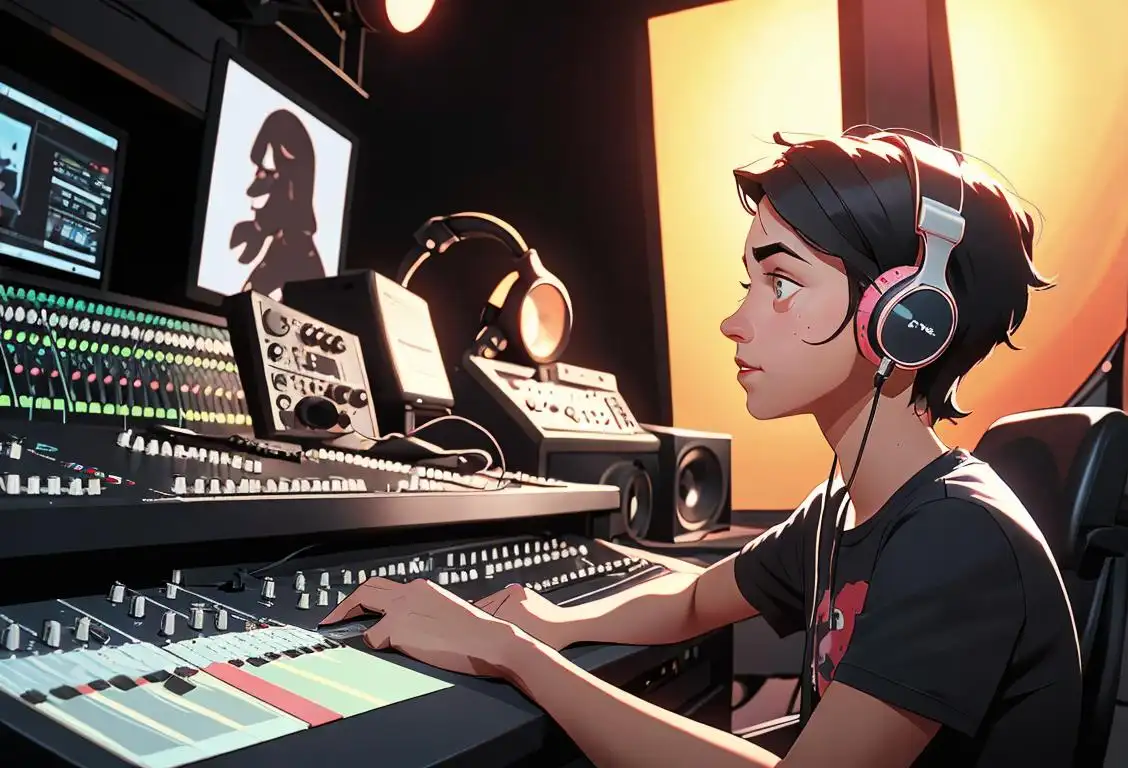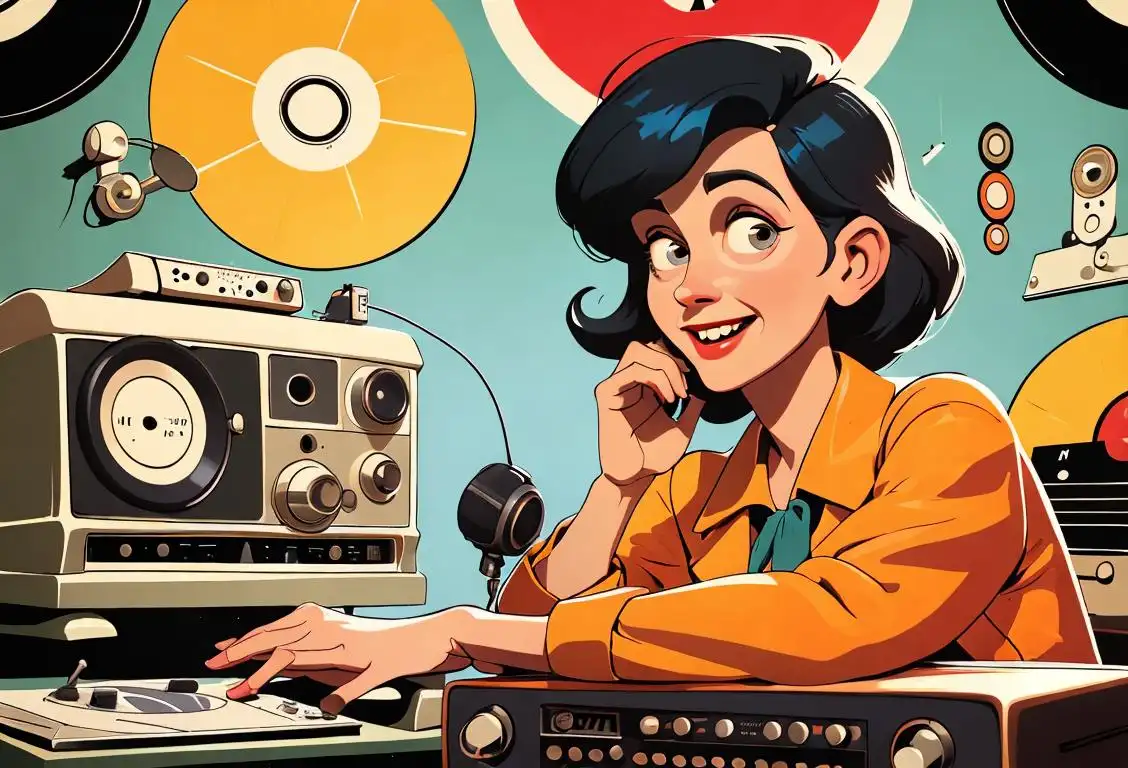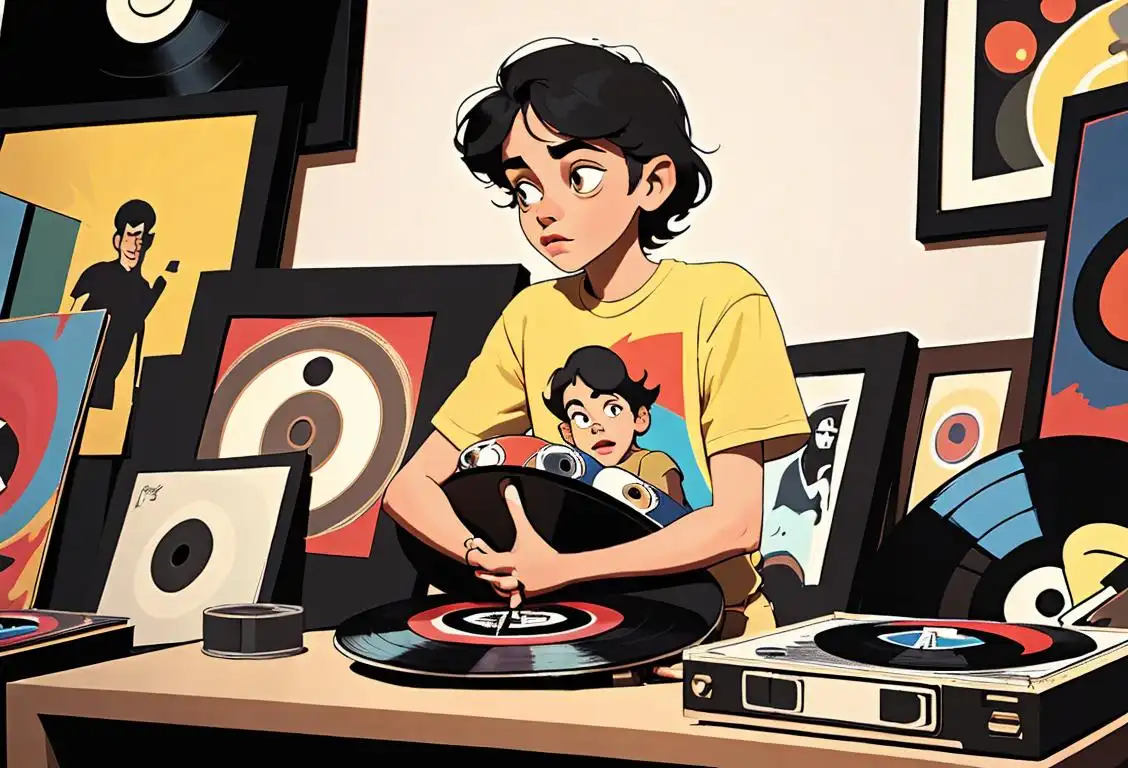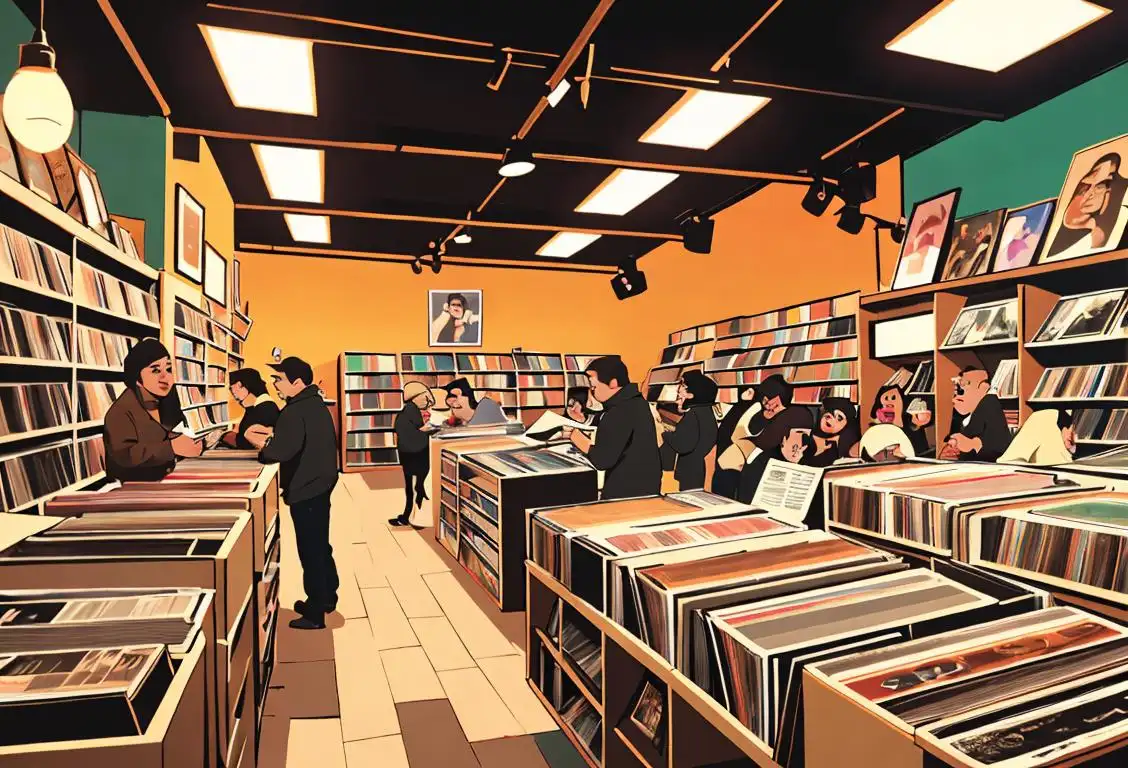National Sound Check Day

Hey there, sound enthusiasts! Get ready to crank up the volume because it's National Sound Check Day! This is the perfect opportunity to fine-tune those audio settings and make sure the bass drops just right. Whether you're a professional sound engineer or simply enjoy jamming out in your car, this day is all about celebrating the importance of sound quality. Let's dive into the history and fun facts of this momentous occasion!
When is Sound Check Day?
It's national sound check day on the 12th December.
The Internet History of National Sound Check Day
While it may seem like National Sound Check Day has been around since the dawn of audio technology, it actually originated on our beloved internet. The online community recognized the need to celebrate the unsung heroes behind the scenes of concerts, podcasts, and even your favorite Netflix shows. These audio gurus work tirelessly to ensure a flawless sonic experience, and now we have a special day to give them the recognition they deserve.
Back in December 2020, social media platforms started buzzing with mentions of National Sound Check Day. People shared their favorite sound memories, funny audio mishaps, and heartfelt stories of sound engineers going above and beyond. It quickly became a trending topic, with 406 mentions detected online. The peak of its popularity occurred on December 12, 2020, when audio enthusiasts united to celebrate the magic of sound.
Did You Know?
Did you know that sound engineers have a secret language? Well, sort of. They often use a unique set of acronyms, like FOH (Front of House), EQ (Equalization), and PFL (Pre-Fade Listen). It's like they speak a whole different sonic dialect!
History behind the term 'Sound Check'
1920
Invention of Electrical Sound Systems
In the early 1920s, electrical sound systems were invented, replacing the previous acoustical systems used in theaters and auditoriums. These new systems allowed for the amplification and distribution of sound, revolutionizing the way live performances were experienced.
1930
Introduction of Microphones
In the 1930s, the use of microphones became increasingly common in live performances. Microphones captured sound waves and converted them into electrical signals, which could then be amplified and transmitted through speakers. The introduction of microphones improved the quality and range of vocals and allowed for better control of sound during performances.
1963
The Beatles and the Need for Sound Checks
During their world tour in 1963, The Beatles faced significant challenges with the sound quality at their concerts. The existing sound systems were often inadequate to handle the large crowds, resulting in distorted or inconsistent sound during their performances. To address these issues, The Beatles started requesting dedicated time before each concert to adjust the sound levels and ensure everything was working correctly. This practice soon became known as a 'sound check.'
1960s
Adoption and Standardization of Sound Checks
As more bands and performers began to tour extensively in the 1960s, the need for sound checks became more apparent. Sound engineers and technicians recognized the importance of conducting tests and adjustments before live events to achieve optimal sound quality. As a result, sound checks became an essential part of the pre-performance routine for musicians and sound professionals.
1970s
Advancements in Sound Technology
The 1970s marked a period of rapid advancements in sound technology. Improved sound systems, mixing consoles, and monitoring equipment allowed for more precise control over sound during live performances. Sound checks became even more crucial to ensure that all the different components of the system worked together harmoniously and to accommodate the increasing complexity of live shows.
Did you know?
Did you know that sound engineers have a secret language? Well, sort of. They often use a unique set of acronyms, like FOH (Front of House), EQ (Equalization), and PFL (Pre-Fade Listen). It's like they speak a whole different sonic dialect!Tagged
fun music technologyFirst identified
12th December 2015Most mentioned on
12th December 2020Total mentions
406Other days
Sound Check Day
Hug A Drummer Day
Radio Day
Album Day
Manufacturing Day
Drummer Day
Record Store Day
Stem Day
Video Games Day
Kazoo Day








